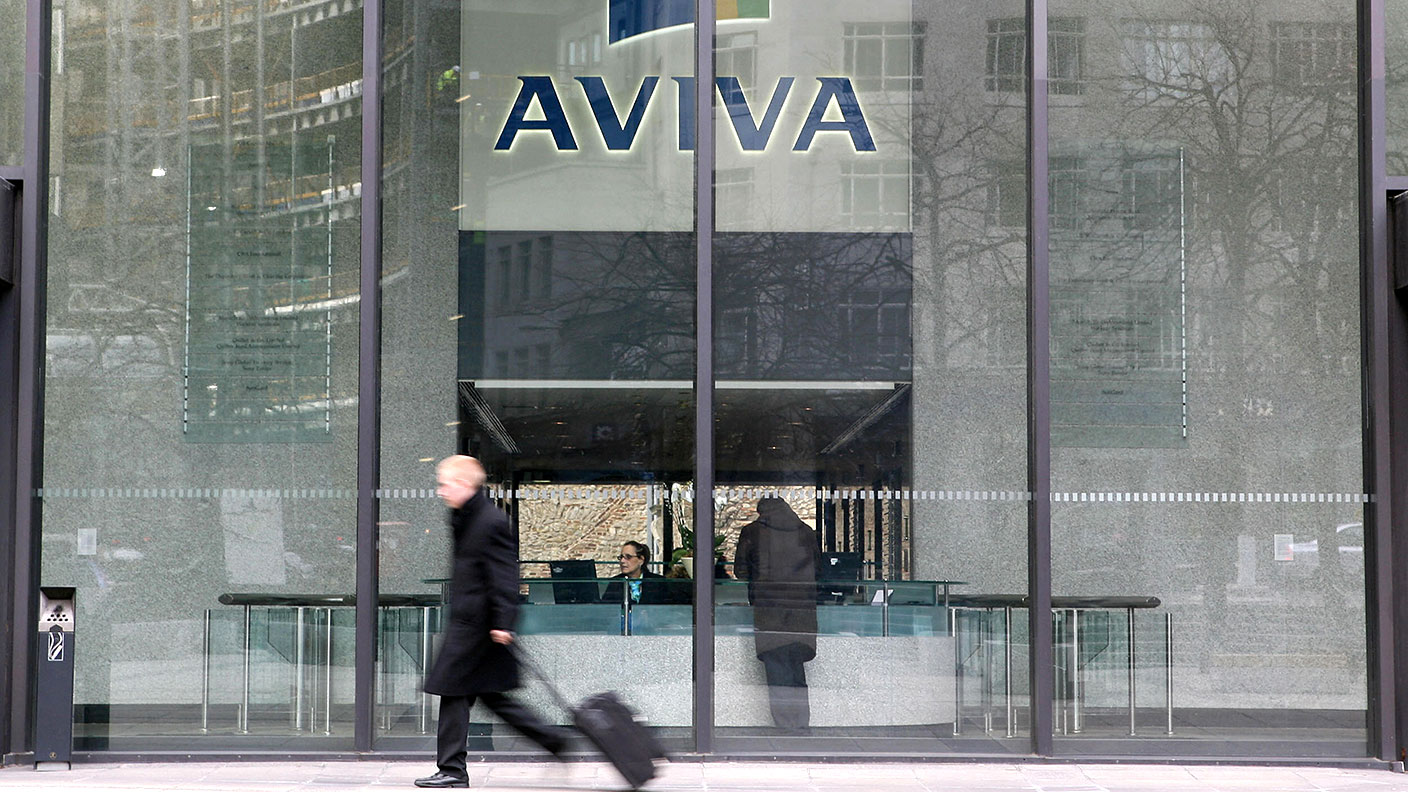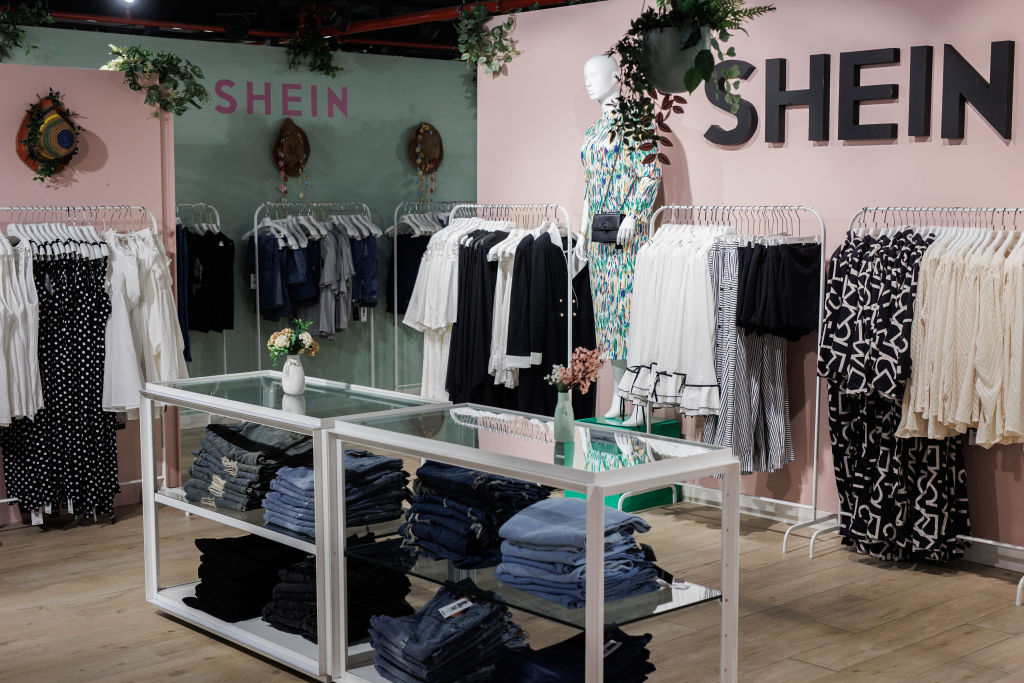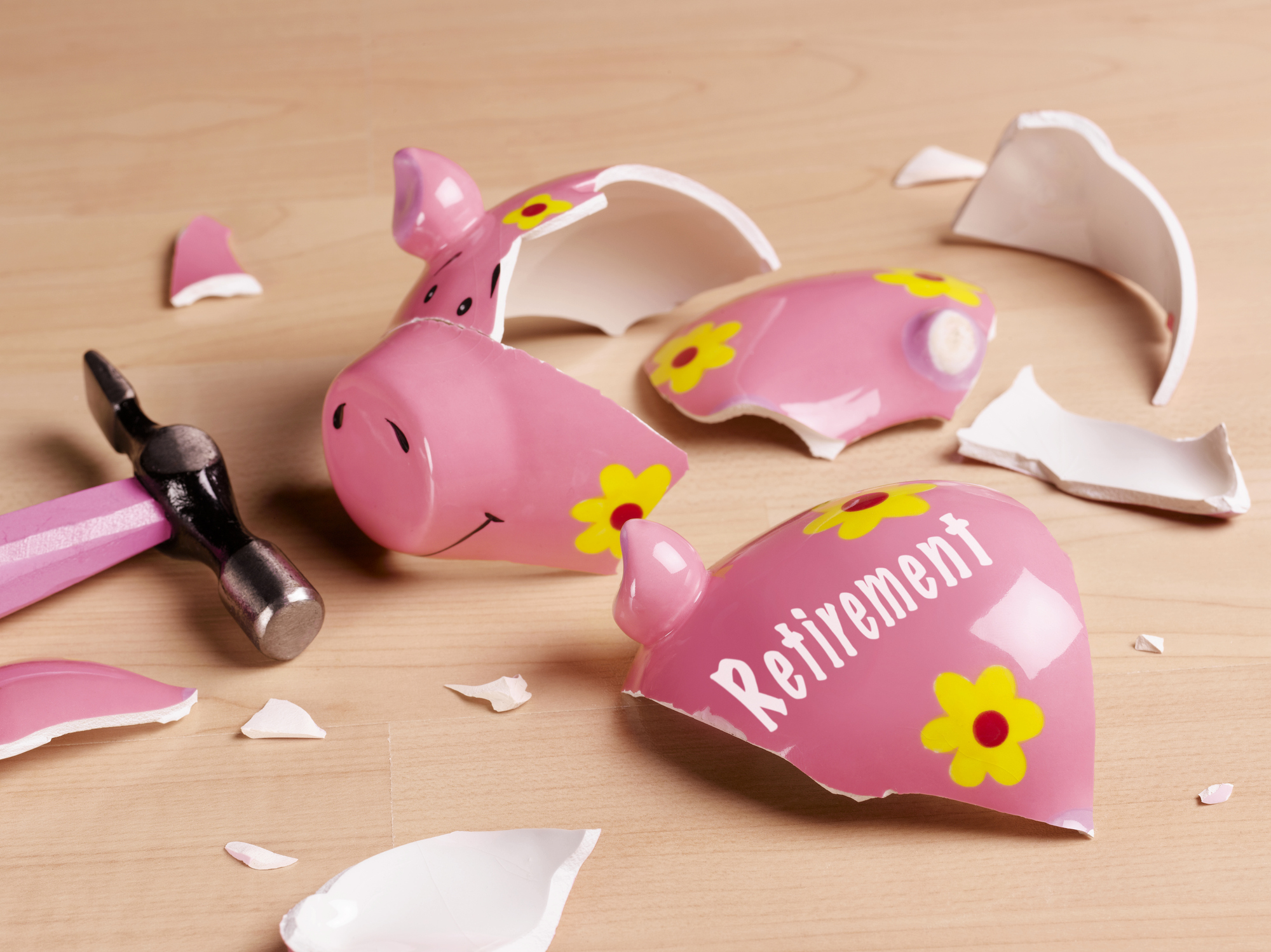Aviva: One for income investors to tuck away
Insurance giant Aviva is one of the highest yielding stocks in the FTSE 100 – and it’s cheap, too, making it a tempting target for income investors. Rupert Hargreaves delves into the numbers.


Get the latest financial news, insights and expert analysis from our award-winning MoneyWeek team, to help you understand what really matters when it comes to your finances.
You are now subscribed
Your newsletter sign-up was successful
Want to add more newsletters?

Twice daily
MoneyWeek
Get the latest financial news, insights and expert analysis from our award-winning MoneyWeek team, to help you understand what really matters when it comes to your finances.

Four times a week
Look After My Bills
Sign up to our free money-saving newsletter, filled with the latest news and expert advice to help you find the best tips and deals for managing your bills. Start saving today!
Insurance giant Aviva (LSE: AV) is flush with cash and it doesn’t look as if management is planning to hold on to this money for long.
Only months after returning £4.75bn to shareholders by way of a share buyback, the group is now planning further investor returns. In its first half results, Aviva said its Solvency II ratio - a measure of insurer liquidity against the minimum required by regulators - had reached 213%, significantly above both what management and regulators require.
Indeed, the company has previously said that it would consider returning excess capital if there were no better case for reinvesting the cash if its solvency ratio exceeds 180%.
MoneyWeek
Subscribe to MoneyWeek today and get your first six magazine issues absolutely FREE

Sign up to Money Morning
Don't miss the latest investment and personal finances news, market analysis, plus money-saving tips with our free twice-daily newsletter
Don't miss the latest investment and personal finances news, market analysis, plus money-saving tips with our free twice-daily newsletter
Although Aviva has yet to say how much more cash investors are set to receive, analysts at investment bank Citi reckon it could return £250m to £300m quite comfortably. That’s without taking into account the group’s current dividend yield.
The stock currently supports a forward dividend yield of 6.9%, (based on the firm’s 2022 dividend guidance of 31p per share) making it one of the highest yielding shares in the FTSE 100. It also appears relatively inexpensive. Aviva is trading at a forward price/earnings (p/e) multiple of around 9.6.
Still, there’s more to investing than just picking the stocks that look cheap with high yields. If it were that easy, we’d all be rich. It’s not enough to know that a stock is cheap, we need to understand why.
The Aviva share price looks cheap, but is it really a bargain?
Aviva is a complex business to understand. At its core, it is a life insurance and long-term savings (pensions) provider, but it also offers non-life insurance products, wealth management services and has a “closed book” of legacy policies.
The company has been working to streamline its operations over the past few years, divesting £8bn of non-core operating units. Most of the proceeds have been returned to investors, although a chunk has also been used to reduce debt.
While these asset sales have helped simplify the operation, Aviva remains a lumbering beast with mixed growth prospects. That seems to be why the market is in no rush to buy the stock. Yes, the company is returning a lot of cash to shareholders, but life and non-life insurance has always, and will continue to be, a slow and steady business.
It’s also incredibly challenging to analyse how a life insurer and long-term savings provider will perform in the long run. Products sold today will be redeemed at some point in the future, and they require fastidious calculations to ensure a profit. Even a slight change in interest rates can have a big impact on these figures.
Aviva is trying to break away from this template by growing its non-life insurance and wealth management arms. Non-life insurance or short-tail insurance has a much shorter (as the name suggests) lifespan. Policies are typically renewed every year, generating a more predictable and quicker income stream for the business. There’s also more scope to adjust prices quickly to reflect changing market conditions.
This is a bright spot for the firm. In the first quarter of 2022 the group’s general insurance business reported its best sales in a decade as “people were attracted to the strength of the Aviva brand and the quality of our products.” In the first half of the year overall, general insurance premiums rose 6%.
Unfortunately, wealth management is proving to be a harder nut to crack, although the group is making some progress. Net investment inflows for Aviva Investors turned positive in the second quarter, reversing losses in the first. While these figures might not be that impressive, asset managers usually suffer outflows in periods of market volatility, so from that perspective, the fact that Aviva is treading water is a small positive.
Management believes wealth management will be a key area of growth in the coming years as rising numbers of retirees search for better ways to invest their money. To that end, Aviva recently decided to acquire Succession Wealth for £385m and it is looking for other deals (the company certainly has the resources to buy more assets and customers).
Aviva’s strong brand lends itself to this strategy; the cost of doing business for wealth managers is becoming prohibitive due to the regulatory burden and the rising price of liability insurance. With costs rising, many managers are pulling out of the market, but there’s a growing demand from customers for these services. This is where the firm can create value. It has the size and scale to deal with rising costs, and its brand is well trusted among savers.
A dividend play with limited growth prospects
In my view, the investment case for Aviva is all about the company’s dividend. Its portfolio of financial services generates a steady stream of cash, which management can return to investors. And as we’re seeing, as the businesses continue to grow they’re throwing off more cash, which may only lead to improved shareholder returns.
Still, I don’t think there’s any getting around the fact that Aviva’s portfolio of businesses are slow growers. Due to the nature of these markets it seems unlikely they’re going to be able to chalk up double-digit growth rates year after year. Management might be able to juice growth with acquisitions, cost cutting and share buybacks, but investors looking for capital growth rather than income might be disappointed. I think this is why the stock appears cheap - investors and analysts are struggling to digest Aviva’s growth prospects.
As such, while Aviva looks to me to be a solid income stock to tuck away and forget about, I think it should be owned as part of a more diversified portfolio.
Get the latest financial news, insights and expert analysis from our award-winning MoneyWeek team, to help you understand what really matters when it comes to your finances.

Rupert is the former deputy digital editor of MoneyWeek. He's an active investor and has always been fascinated by the world of business and investing. His style has been heavily influenced by US investors Warren Buffett and Philip Carret. He is always looking for high-quality growth opportunities trading at a reasonable price, preferring cash generative businesses with strong balance sheets over blue-sky growth stocks.
Rupert has written for many UK and international publications including the Motley Fool, Gurufocus and ValueWalk, aimed at a range of readers; from the first timers to experienced high-net-worth individuals. Rupert has also founded and managed several businesses, including the New York-based hedge fund newsletter, Hidden Value Stocks. He has written over 20 ebooks and appeared as an expert commentator on the BBC World Service.
-
 How a ‘great view’ from your home can boost its value by 35%
How a ‘great view’ from your home can boost its value by 35%A house that comes with a picturesque backdrop could add tens of thousands of pounds to its asking price – but how does each region compare?
-
 What is a care fees annuity and how much does it cost?
What is a care fees annuity and how much does it cost?How we will be cared for in our later years – and how much we are willing to pay for it – are conversations best had as early as possible. One option to cover the cost is a care fees annuity. We look at the pros and cons.
-
 Europe’s new single stock market is no panacea
Europe’s new single stock market is no panaceaOpinion It is hard to see how a single European stock exchange will fix anything. Friedrich Merz is trying his hand at a failed strategy, says Matthew Lynn
-
 Bitcoin 'has become the reserve asset of the internet'
Bitcoin 'has become the reserve asset of the internet'Opinion The cryptocurrency has established itself as the electronic version of gold, says ByteTree’s Charlie Morris
-
 It’s time to start backing Britain – the best investments to buy now
It’s time to start backing Britain – the best investments to buy nowThe UK stock market has been languishing for decades. But the tide is turning and smart investors should buy in now
-
 London Stock Exchange exodus: which companies could be next to go?
London Stock Exchange exodus: which companies could be next to go?As many companies exit London, the steady trickle of stocks listing elsewhere could turn into a stampede. Who will be next, and what does this mean for investors?
-
 Is the London Stock Exchange in peril?
Is the London Stock Exchange in peril?More than 150 companies have left the London Stock Exchange or moved their primary listing since the start of 2024. What does it mean for investors and the economy?
-
 Shein prepares for London Stock Exchange listing
Shein prepares for London Stock Exchange listingShein plans for a London Stock Exchange listing after facing hurdles in New York. It’s in a race against time. Matthew Partridge reports
-
 What pension providers don't tell you about your retirement money
What pension providers don't tell you about your retirement moneyCheck the small print from your pension provider or risk losing thousands.
-
 Four stocks for 2026
Four stocks for 2026As the year draws to an end, investment experts suggest four stocks that investors may want to keep an eye on for 2026